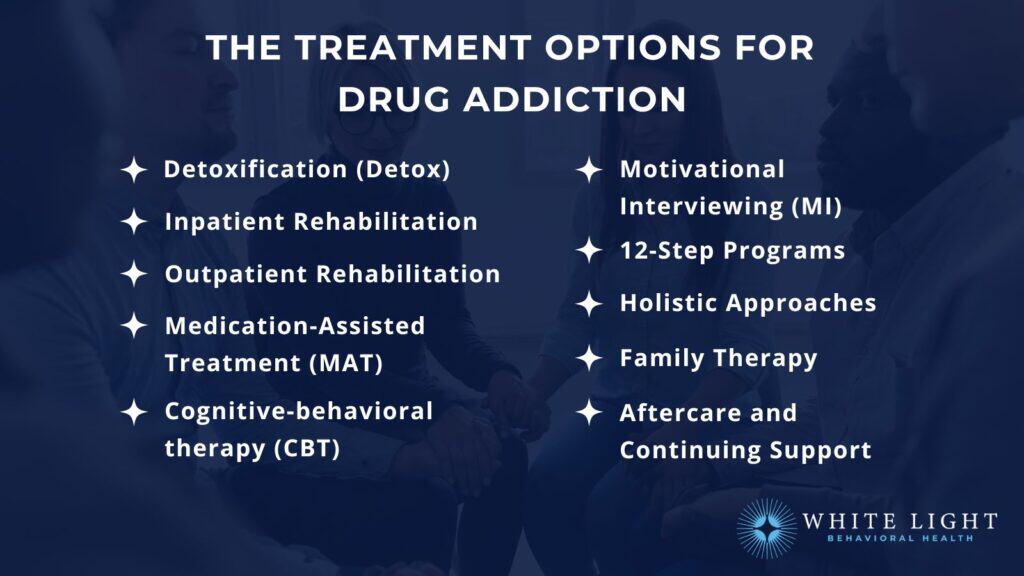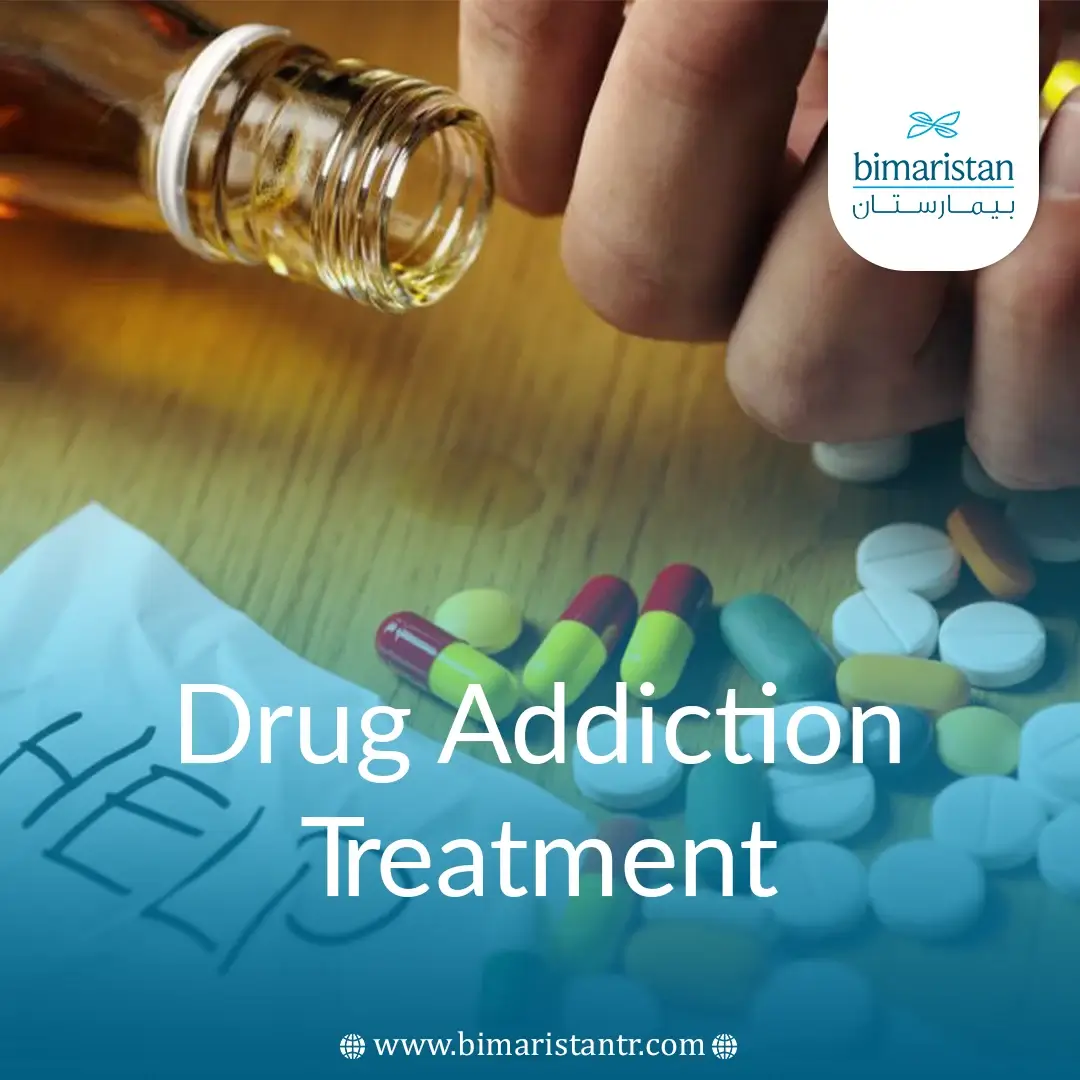A Comprehensive Overview to Substance Abuse Rehabilitation
Substance Abuse rehab, frequently described as rehab, is an organized process developed to aid individuals get over reliance on medicines, alcohol, or other addicting materials. It is not simply concerning detoxification-- it is a journey of psychological, emotional, and physical change. Rehabilitation centers supply safe settings where people can confront the origin of their addiction, address mental triggers, and find out coping systems to receive long-term sobriety. This procedure is guided by qualified specialists, consisting of therapists, clinical physicians, and therapists who comprehend the complicated nature of dependency as both a physical and behavior problem.
Comprehending the Core important Abuse Recovery
At its core, recovery is about rebuilding a person's life. Dependency usually leaves behind deep scars-- stretched connections, economic distress, health issue, and mental illness. Via comprehensive rehab programs, individuals are given the tools to repair these aspects gradually. Rehab isn't just about abstaining from compounds; it's regarding recovering control and discovering one's sense of self-worth. The programs emphasize framework, uniformity, and personal accountability, which are key to long-term recuperation success. Every tiny turning point during rehab works as a structure for lasting sobriety.
Furthermore, Substance Abuse rehabilitation is not a one-size-fits-all approach. It acknowledges that each person's dependency story is distinct-- what led to Substance Abuse misuse, exactly how it progressed, and how recuperation can be continual differ commonly. Therapy centers tailor care strategies based on individual analyses, making sure that every patient gets support that lines up with their psychological state, dependency history, and life scenarios. This customized strategy considerably improves healing outcomes and assists protect against relapse as soon as individuals rehabilitate into daily life.
The Advantages of Inpatient Rehabilitation Programs
Inpatient rehabilitation, also referred to as household therapy, provides one of one of the most reliable strategies for those battling severe Substance Abuse addiction. One of its main advantages is the distraction-free and structured atmosphere. When an individual enters an inpatient facility, they are temporarily removed from external triggers-- such as good friends that utilize materials, stressful workplaces, or household disputes-- that could hinder their healing. This isolation from unfavorable influences allows patients to concentrate totally on recovery. Living within a monitored and helpful setting develops the security needed to break old habits and create much healthier patterns of habits.
One more major benefit of inpatient rehabilitation is the 24/7 specialist supervision available to every patient. Withdrawal symptoms from medicines or alcohol can be unforeseeable and, in many cases, lethal. Inpatient facilities have medical groups that supply day-and-night care, making certain individuals are comfy and risk-free during detoxing. Beyond physical health, continuous guidance likewise offers psychological peace of mind-- patients recognize that assistance is available any time, which minimizes stress and anxiety and develops count on the recovery procedure. This immediate accessibility to psychological and clinical support dramatically boosts the success price compared to outpatient treatment for severe dependencies.
Inpatient rehabilitation programs promote a strong feeling of community and liability. Clients interact with others who share comparable struggles, take part in team treatment, and participate in tasks that motivate synergy and empathy. This environment supports mutual understanding and minimizes sensations of seclusion frequently linked with dependency. By connecting with peers and picking up from their experiences, individuals create social bonds that remain to support them even after leaving the center. This feeling of belonging, combined with consistent expert guidance, makes inpatient rehab an extremely reliable structure for lasting recovery.
Inpatient Rehab Services Provided
Inpatient rehab facilities supply a diverse variety of services developed to treat the mind, body, and spirit at the same time. The very first phase commonly involves clinical detoxification, a process that safely removes substances from the body while handling withdrawal signs. Detox is managed by clinical experts that may provide medication to alleviate pain and protect against difficulties. Clients shift to structured daily programs that include therapy, wellness, and counseling tasks when detox is complete. This incorporated strategy makes certain that people not just conquer physical reliance yet likewise address mental and emotional aspects of addiction.
Therapeutic solutions go to the heart of inpatient rehab. Facilities offer person treatment sessions, where individuals function individually with licensed specialists to reveal the underlying reasons of their dependency-- such as trauma, psychological health and wellness conditions, or unsettled emotional discomfort. Cognitive-behavioral therapy (CBT), dialectical behavior modification (DBT), and motivational talking to are among one of the most common evidence-based techniques used. On top of that, group therapy sessions provide an encouraging space for people to share experiences, gain perspective, and create interpersonal skills. Family therapy is additionally frequently included, aiding to rebuild depend on and improve interaction in between individuals and their loved ones.
Beyond typical therapy, several inpatient programs include leisure and all natural services to promote total health - addiction treatment. Yoga, meditation, art treatment, and fitness programs assist lower stress and instruct mindfulness. Nutritional therapy makes certain that patients reconstruct physical wellness, as Substance Abuse usually depletes the body's vital nutrients. Some rehabilitation focuses even use vocational training and academic workshops to aid individuals plan for reintegration right into society. These varied solutions are made to recover the entire person-- not just treat addiction symptoms-- by promoting equilibrium, strength, and function
Why You Need To Think About Outpatient Programs
While inpatient rehab uses an immersive and extensive strategy, outpatient programs give an option that enables flexibility for people that can not commit to full-time household therapy. Outpatient rehab allows patients to get structured treatment and medical assistance while keeping their daily responsibilities-- such as institution, family, or job care. For several people with light to moderate addiction, outpatient treatment offers the perfect equilibrium in between recovery and day-to-day life. It enables patients to exercise the coping abilities they discover in real-world settings, reinforcing their resilience despite everyday obstacles.
Another factor to consider outpatient programs is their cost-effectiveness. Inpatient treatment can be expensive because of accommodation, dishes, and 24-hour guidance, which may not be economically feasible for everybody. Outpatient programs, nonetheless, usually set you back less since they do not call for domestic keeps. Many facilities supply sliding-scale payment choices or approve insurance to make treatment accessible. For those who have currently completed inpatient rehab, transitioning right into an outpatient program serves as an important continuum of treatment, helping preserve liability and avoid regression via continuous assistance.
In addition, outpatient programs supply a high degree of personalization. Individuals can pick Click Here between partial hospitalization programs (PHP), intensive outpatient programs (IOP), or common outpatient treatment, depending on their level of need. Each option supplies varying levels of framework and time dedication. IOPs generally involve several treatment sessions per week, while standard outpatient treatment could consist of once a week therapy sees. This versatility makes sure that individuals can obtain specialist aid tailored to their recovery phase, making outpatient programs a sensible and encouraging choice for long-term healing upkeep.

Discovering Various Other Therapy Options in Substance Abuse Abuse Recovery
Beyond inpatient and outpatient rehab, there are a number of other therapy alternatives readily available for people looking for healing from Substance Abuse dependency (Inpatient rehab). Medication-assisted therapy (FLOOR COVERING) is one such strategy, incorporating suggested drugs with behavior treatment to handle withdrawal signs and decrease yearnings. Medications like methadone, naltrexone, or buprenorphine are typically utilized in opioid addiction therapy, while acamprosate or disulfiram might support alcohol recovery. MAT aids maintain mind chemistry, enabling individuals to concentrate on treatment and way of life changes without the frustrating discomfort of withdrawal

Alternative treatments are likewise coming to be progressively popular basically Abuse treatment. These might include all natural methods like acupuncture, horse therapy, adventure-based therapy, and spiritual healing programs. While these approaches might not replace typical therapy, they can enhance it by improving psychological regulation, self-awareness, and self-confidence. The goal of checking out different therapy options is to develop a recovery strategy that reverberates with each individual's worths, ideas, and lifestyle. A tailored mix of therapies commonly yields one of the most lasting results, equipping people to live a fulfilling, substance-free life.
The Course to Long-Term Sobriety and Healing
Finishing rehabilitation-- whether inpatient or outpatient-- is only the beginning of a long-lasting recuperation journey. Aftercare programs play a critical role in preserving soberness and stopping regression. These programs may include continuous treatment, support system like Narcotics Anonymous or Twelve Step Programs, and sober living setups that provide continued framework. Uniformity and community are important; people that remain attached to recovery networks are much more most likely to maintain long-term progress. Rehab shows the essential coping abilities, yet aftercare guarantees that those skills are used and reinforced in real-life situations.
Long-lasting recuperation additionally depends on lifestyle changes that support psychological and physical wellness. Developing healthy and balanced behaviors-- such as normal workout, well balanced nourishment, and mindfulness techniques-- aids recover equilibrium to the mind and body. Involving in deliberate activities like volunteering, pursuing hobbies, or reconnecting with loved ones can fill up the emotional void left by Substance Abuse usage. Focusing and developing a favorable way of thinking on future objectives offer recuperating individuals a renewed feeling of identification and instructions. Sobriety is not regarding starvation; it has to do with redeeming life's splendor and chances.

Through comprehensive rehabilitation programs, Continue people are provided the tools to fix these facets slowly. Inpatient rehab programs foster a solid feeling of neighborhood and accountability. While inpatient rehabilitation uses a intensive and immersive approach, outpatient programs give an option that enables versatility for individuals that can not commit to permanent domestic treatment. Outpatient rehabilitation allows clients to get structured therapy and clinical assistance while maintaining their day-to-day obligations-- such as college, work, or household care. Past inpatient and outpatient rehabilitation, there are several various other treatment choices available for people looking for healing from Substance Abuse dependency.